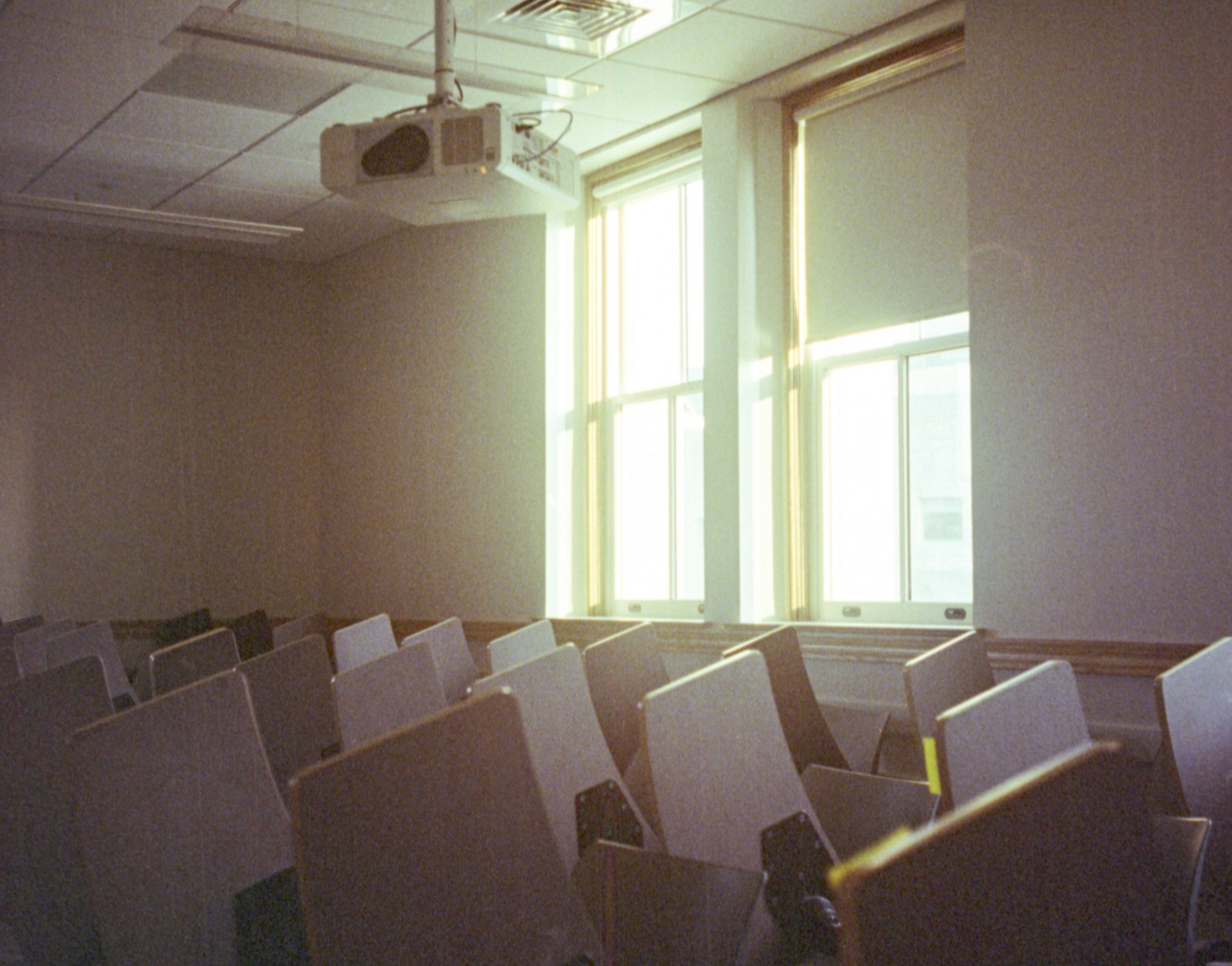If you’ve taught long enough, you know the names that never make it to roll call. They’re not skipping school for fun, they’re often skipping it because life at home is chaotic, unstable, or worse. And across Pennsylvania, those absences are piling up into a crisis.
At a recent state Senate hearing, lawmakers, judges, and educators gathered not to debate whether absenteeism is a problem but to ask why our current laws still treat it like a crime instead of a cry for help.
Also Read 👇
Here’s how it stands: three unexcused absences and you’re “truant.” Six? The legal system kicks in, threatening fines of up to $750 and dragging families into court. The law means well, aiming to alert schools early, but the support system behind it? Paper-thin. Overworked counselors, underfunded districts, and social services stretched to the bone.
Lycoming County Judge Gary Whiteman didn’t sugarcoat it, he called out how many of these cases involve families with no transportation, no money for childcare, or kids dealing with chronic illness. Meanwhile, school staff are left scrambling to keep students engaged while navigating bureaucratic hurdles that don’t reflect real life.
Senator Lynda Schlegel Culver urged a shift in focus, from punishment to prevention. Chronic absenteeism, she said, is a symptom, not a crime. And when one in three students in districts like Pittsburgh Public is missing too many days, we can’t keep pretending it’s just about skipping class. In some schools, especially high schools, that rate jumps to over 70%.
We’re not talking about kids who hate school. We’re talking about kids whose families are drowning.
And if this sounds like another post-pandemic hangover, think again. These trends were rising before COVID and have only gotten worse. Lawmakers now face a choice: build real bridges between schools, courts, and community support or keep patching holes in a sinking ship.
Because here’s the truth every teacher already knows: an empty desk tells a story. And it’s time we start listening.













